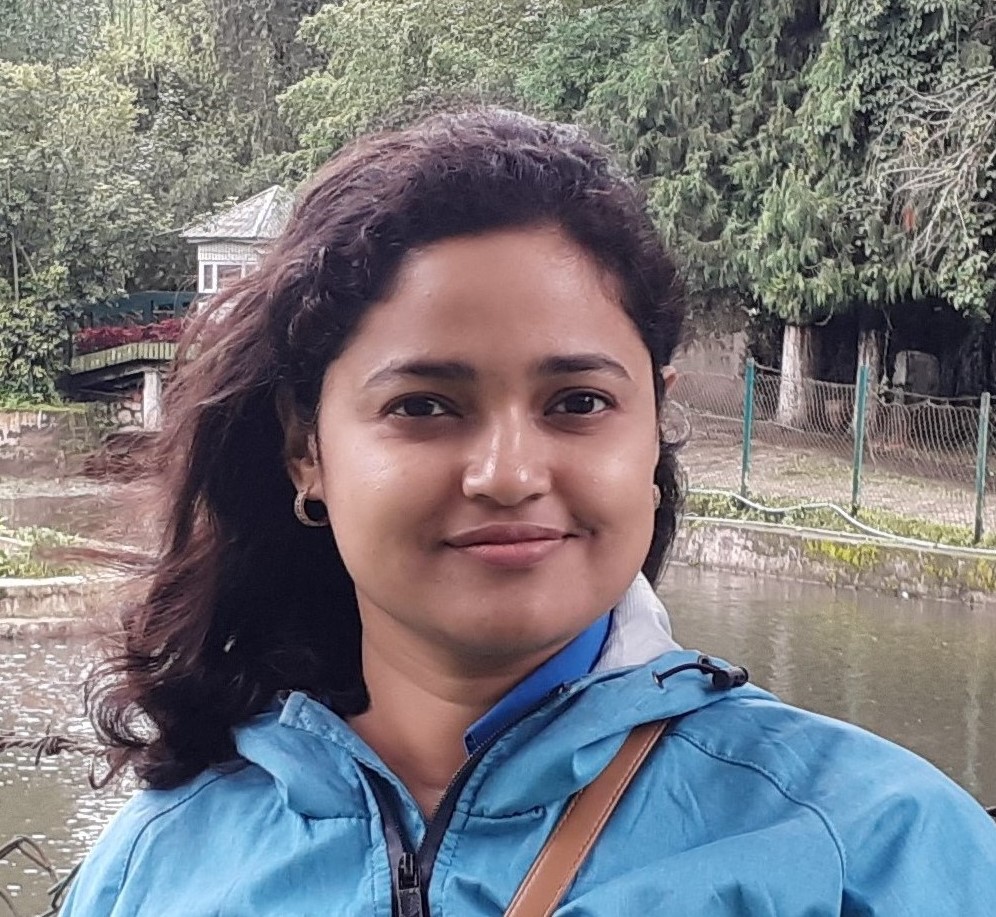Teaching
|



Designation: Associate Professor
Department: Civil Engineering
Email: kironmala[at]iitism[dot]ac[dot]in
Contact Number:
Office Number: +91-326-223-326
Personal Page: Under Construction
|
|
(from 18 Jul 2011 to 8 Jan 2016) |
Ph.D. |
|
|
Department of Civil Engineering, Indian Institute of Technology Kharagpur, India |
||
|
||
|
(from 19 Jul 2009 to 15 Jun 2011) |
Master of Technology (M.Tech) |
|
|
Department of Civil Engineering, Indian Institute of Technology Kharagpur, India |
||
|
||
|
(from 25 Jul 2003 to 30 Jun 2007) |
Bachelor of Engineering (B.E.) |
|
|
Department Civil Engineering, Jadavpur University, India, |
||
|
||
Book Chapters
Peer Reviewed Journals
Conferences (Recent)
|
As Principal Investigator (PI)
|
As Co-PI
|
As CI
As Co-CI
Indian Water Resources Society (IWRS)
Reviewed research manuscripts for:
Journal of Hydrology, ASCE-Journal of Hydrologic Engineering, Water Resources Research, Water Resources Management, Journal of Water and Climate Change, Stochastic Environmental Research and Risk Assessment, Current Science, Journal of Earth System Science etc.
|
Department level Administrative Activity :
|
|
Institute level Administrative Activity :
|
Details of PhD guiding/guided (Full time)
PhD completed:
1. Sachidanand Kumar (shared with co-guide)
2. Prabal Das
PhD ongoing:
1. Nehar Mandal
2. Nirup Sundar Mandal
3. Arindam Roy (as co-guide)
4. Prashant Kumar
5. Ved Prakash (shared with co-guide)
6. Utkarsh Deepankar (shared with co-guide)